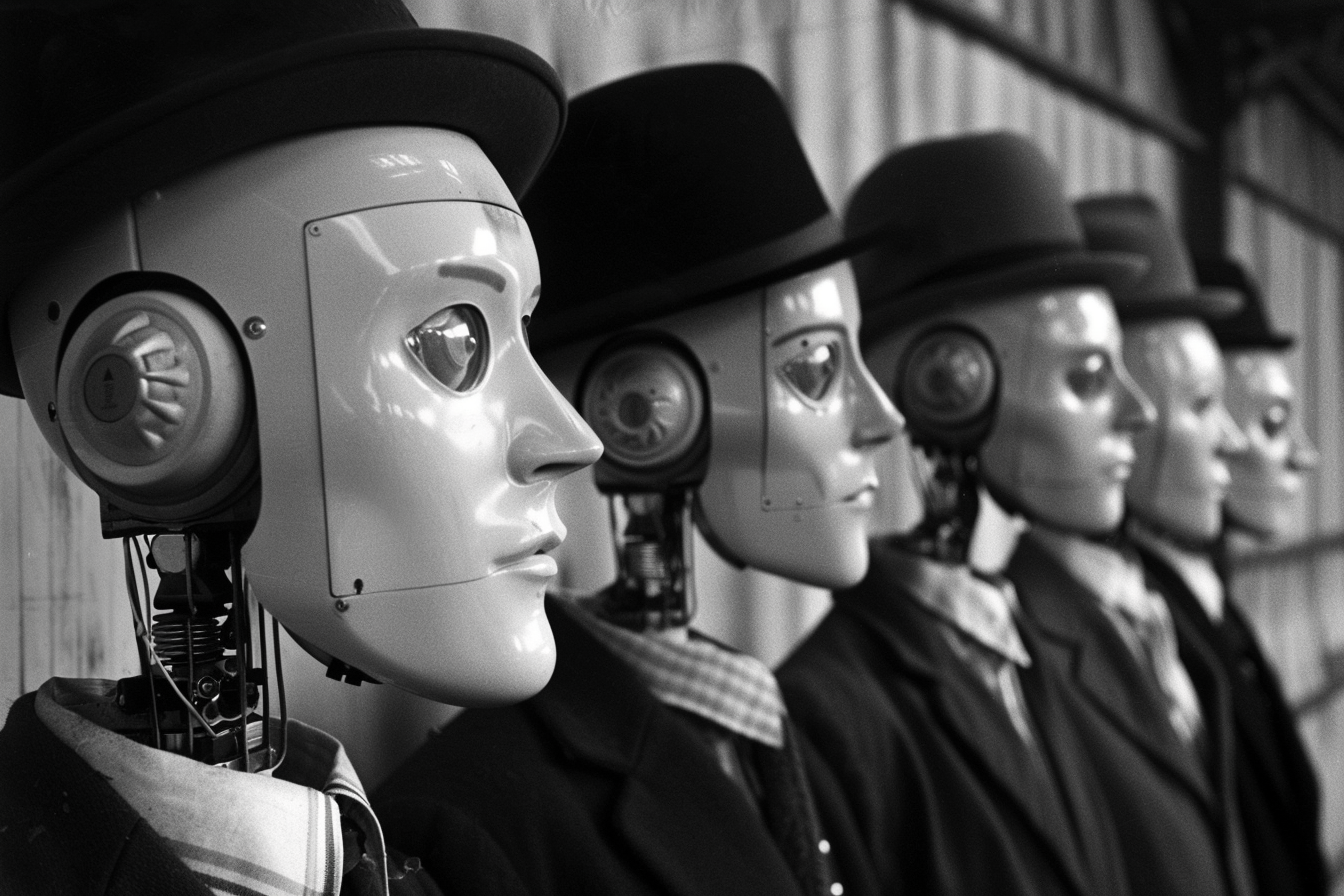The focus of AI development is evolving—from creating autonomous AI Agents to expanding the tools they use, significantly boosting their capabilities and flexibility. Tool access, described and utilized through natural language, is now a critical factor in the functionality and reach of these agents, enabling them to tackle increasingly complex tasks.
The Role of Tools in AI Agent Effectiveness
AI Agents thrive in user-specific environments like desktops, where rich context enables them to perform tasks more effectively. Instead of just scaling model power, leading AI companies such as OpenAI and Anthropic are pivoting toward tool-enabled frameworks, allowing agents to interact directly with computer GUI navigation for multi-step workflows.
This shift positions tools as essential components of AI ecosystems, bridging the gap between raw computational power and actionable user outcomes.
OpenAI’s “Operator” and the Future of Autonomous Agents
OpenAI is set to release Operator, an AI Agent designed to autonomously perform tasks such as coding and travel booking on a user’s computer. Available as a research preview in January, Operator is part of a broader industry trend toward Agentic Tools that enable seamless, multi-step task execution with minimal user oversight.
This approach reflects a shift toward real-time AI capabilities, moving beyond model-centric enhancements to unlock practical, task-driven use cases for AI Agents.
Anthropic’s Desktop AI Agent
Anthropic is also advancing the field with a reference implementation for computer use, enabling rapid deployment of AI-powered desktop agents. This implementation allows users to leverage Claude, Anthropic’s AI model, in a virtual machine environment with powerful tools for GUI interaction, command-line operations, and file management.
Key Features
- Containerized Environment:
- Claude-powered virtual machine setup via Docker.
- Includes a web interface for managing interactions with the agent.
- Primary Tools for Interaction:
- GUI Tools:
Perform mouse actions, keyboard inputs, and screenshots within a 1024×768 display environment. - Command Line Tools:
Use a bash shell for running commands, installing packages, and managing background processes. - File Manipulation Tools:
View, edit, and manage files with persistent state across operations.
- GUI Tools:
- Important Constraints:
- Limited actions for compliance and security (e.g., no CAPTCHA solving, no social media account creation).
- Requires user input for terms of service agreements.
This system provides a controlled yet versatile environment for AI Agents to operate in a safe, flexible, and efficient manner.
Technical Implementation
To deploy Anthropic’s computer-use demo:
- Install Docker and set up a containerized instance using the provided script:
bashCopy codeexport ANTHROPIC_API_KEY=%your_api_key%
docker run
-e ANTHROPIC_API_KEY=<Your Anthropic API Key Goes Here>
-v $HOME/.anthropic:/home/computeruse/.anthropic
-p 5900:5900
-p 8501:8501
-p 6080:6080
-p 8080:8080
-it ghcr.io/anthropics/anthropic-quickstarts:computer-use-demo-latest
- Access the agent via its web interface, where tools like mouse_move, bash, and str_replace_editor are ready for use.
Tools Overview
- GUI Toolset: Navigate and interact with the virtual desktop.
- Command Line Access: Run persistent bash commands and install packages.
- File Manipulation Tools: Edit, replace, or insert content within files.
Each session starts fresh but maintains state within the session, enabling smooth task execution.
The Bigger Picture
AI Agents are no longer defined solely by their autonomous capabilities. Instead, their success now hinges on how effectively they utilize tools to extend their reach and flexibility. Whether it’s through GUI navigation, command-line interactions, or file management, tool access is transforming the way AI Agents deliver value to users.
By focusing on tools rather than just AI model power, companies like OpenAI and Anthropic are building the foundation for a new era of AI-driven productivity. Expect to see more advancements in Agentic Tool design, as the emphasis shifts from autonomy to capability.










